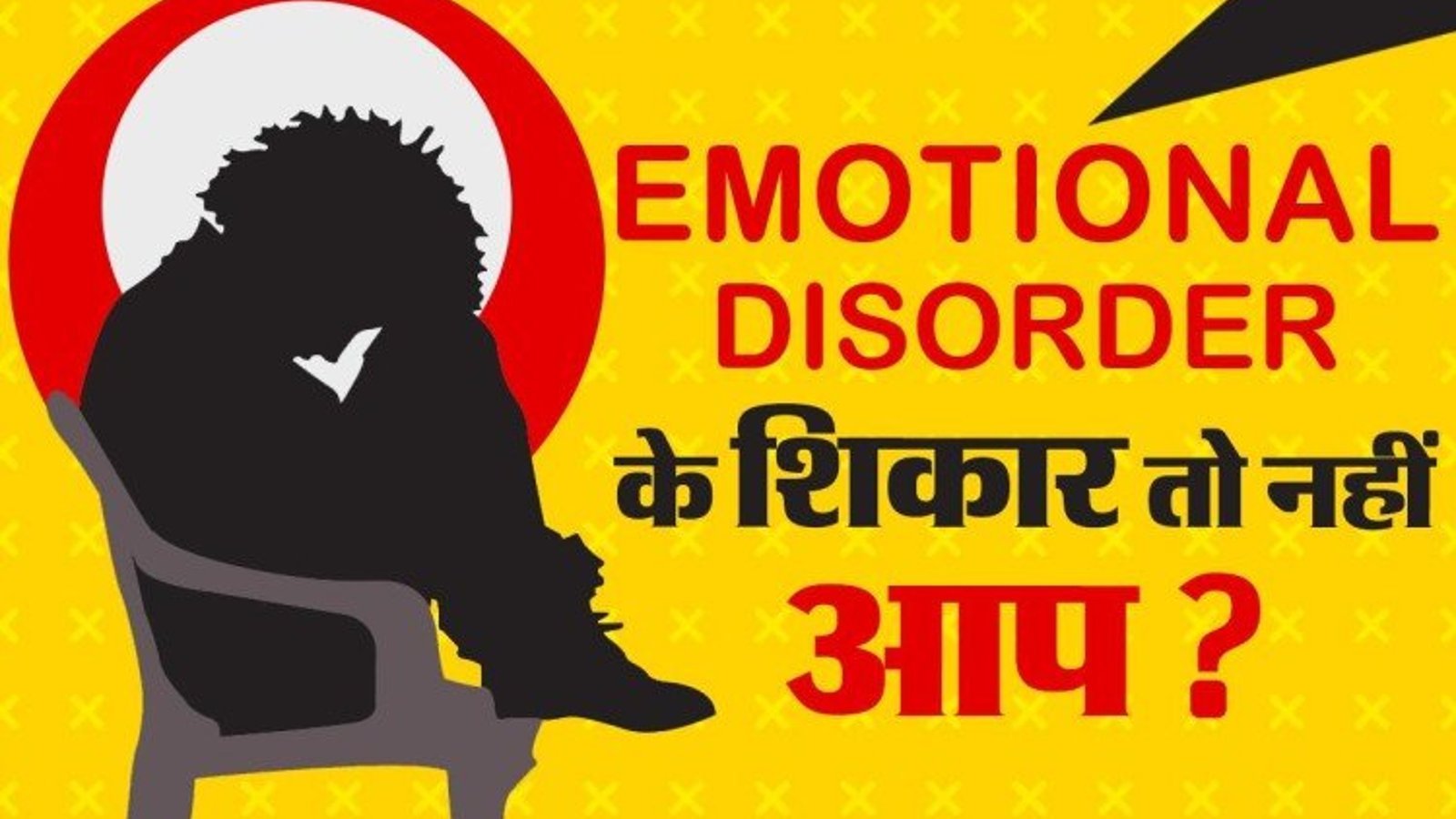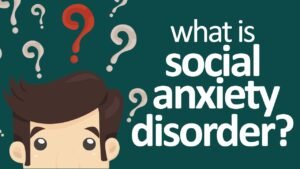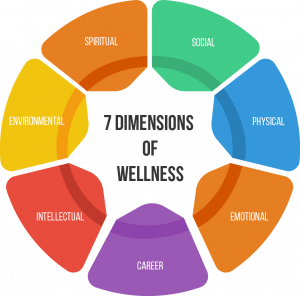HOW TO MANAGE NORMAL STRESS?
HOW TO MANAGE NORMAL STRESS? Just understanding these factors, you can hopefully see that stress isn’t a ‘bad thing’ necessarily: rather it is a useful and required part of a normal, healthy, functioning body. In fact, as we’ve discussed, a little stress is necessary to help you feel more alert, more focussed, and more productive.
If we never had even a small amount of stress hormones in our system, then we would spend all our time highly rested and too laid back to get any actual work done!
- The key is to make sure that those stress levels stay at this optimal level, as well as to try and get your natural cycles to line up with the times when you need to be most productive during the day And we can start by hijacking some of the physiological aspects we’ve already discussed.
Managing Blood Sugar
- One very simple way to keep your stress at bay is to avoid letting your blood sugar drop too low.
- We’ve already seen that low blood sugar triggers the release of cortisol and other stress hormones and so it follows that by avoiding low blood sugar, we can avoid this fate.
The best way to manage your blood sugar levels is to avoid consuming simple carbohydrates.
- Carbohydrates are the best source of blood sugar for the human body but the problem is that in their ‘simple’ form, they release energy into the blood much too quickly.
- This results in a sudden spike in sugar, which then gets taken up and leaves you drained again.
- What’s more, is that this causes the release of melatonin the sleep hormone as we’ve seen earlier.
- Not ideal for working.
- If you have a breakfast that is made up of pancakes and syrup then, it will wake you up and make you feel good in the morning but an hour later you’ll start to run low on energy and that will cue the release of cortisol.
- So instead, try consuming a source of calories that will release the sugar more gradually into your bloodstream.
A great choice is some form of complex carbohydrates, such as oats.
- This takes longer to reach the bloodstream, providing a steady stream of blood sugar and preventing you from going into alert ‘starvation’ mode.
- Conversely, fat will also have the same effect.
- When you consume saturated fat, this will once again sit in the stomach while it gets broken down, providing you with a steady release of energy that will help you go about your business throughout the day.
Stay Comfortable
- Comfort is fantastic for reducing stress and this has been shown in studies to help boost creativity.
It only takes your keys to be digging into your pocket for example, for your body to consider you as uncomfortable and potentially being damaged.
- Thus, you will find that if you can sit in a more supportive and comfortable chair and also ensure the temperature is right and you are surrounded by things that put you at ease (plants have been shown to do this well for most people), then you will start to feel a lot calmer even when you’re at work and other stresses are being thrown at you.
Spend Time Away From Screens
- Computers, smartphones, and television are all great.
- They’re entertaining and they’re great for productivity.
Unfortunately, though, they’re also very bad for us when it comes to stress hormones.
- We’ve already discussed how light from screens can trigger the release of cortisol and we’ve seen that the constant messages and alerts essentially trigger a series of small stress responses while we’re surfing the web.
- This is manageable but it becomes problematic when you spend too much time on the computer.
- Simply going for occasional walks and taking breaks from the screen throughout the day then will be a great way to help your body recover.
Another tip is to take time off just before bed.
- If you aim to have a restorative and restful night’s sleep, then you need to give yourself time to ‘wind down’ just before you hit the sack.
- Taking time away from computers is one of the best ways to do this, so why not have a bath before bed with some candles instead?
Or read by a more natural type of light?
- Give yourself half an hour of ‘screen off’ time and you’ll find you get to sleep much quicker and feel more restored in the morning.
- No can do?
- If you absolutely can’t separate yourself from your gadgets at the end of the day, then try using software that will reduce the amount of ‘blue light’ coming from the screen.
- Redshift technology will help you block the most damaging wavelengths from your devices and thereby create a more restful light.
- An alternative is to wear ‘blue-blocking shades’ which can block all blue light in your environment before bed!
Get Rid of Your Alarm
- Do you know what really isn’t helping your stress levels?
- Your morning alarm!
- The reason alarms tend to choose from a generic range of sounds, is that bleeps and ringing sounds are unnatural.
- These sounds don’t occur in nature and thus we are attuned to them and they make us naturally sit up and take notice.
In other words: they trigger a stress response.
- And now bear in mind that when this happens, you are often in the very deepest stage of sleep.
- What a way to start your day!
- Rudely woken from the depths of sleep by a blaring noise, only to find yourself in a pitch dark room.
- There are two much healthier alternatives to consider.
Fitness Tracker
- One option is to use a fitness tracker/smartwatch that has a smart alarm function.
- These work by monitoring your heart rate and your movement during the night, to estimate how awake or asleep you are at any given stage.
- Using this information, they can then wake you up at the point when you’re in light REM sleep, rather than deep SWS sleep.
- The result is that you’re woken at a point when you’re already coming around anyway and this is combined with a gentle nudge from a vibration, rather than a loud ringing.
Daylight Lamp
- Better yet, is to use a daylight lamp.
- These are lamps that are designed to create a wavelength similar to that of the sun with plenty of blue light!
- In that way, these are the opposite of redshift technology or blue-blocking shades.
These lights will then be built into an alarm, that can gradually get brighter as it nears the point that you set to wake up at.
- This helps to gradually stir you into wakefulness, by mimicking the effects of a sunrise.
- You start to feel more and more awake and your brain produces hormones associated with waking up such as cortisol and nitric oxide.
- While this is a stress response, it’s a much milder and more natural stress response to the one that is caused by the sudden blaring of an alarm.
- The result is that you feel calmer and happier during the day and that you’ll be better able to sustain levels of activity later thanks to a more accurate body clock.
Rethink Your Commute
- Commuting to work is one of the worst things you can do for your stress levels throughout the day.
- Did you know for example, that a typical commute will trigger huge amounts of what is considered to be the only ‘universal fear’?
- So what is this universal fear?
It’s things moving quickly toward you.
- Across all cultures and all demographics, moving something quickly towards a person’s face will cause them to recoil and to see an increase in their heart rate and their stress response.
- Now think about a typical commute filled with people moving rapidly towards you, lots of noise, lots of pollution, and generally huge amounts of chaos.
Before your day has even begun, you’ll be experiencing huge amounts of stress.
- This might be outside of your control.
- But if it is within your control, then make sure you do anything you can to avoid this kind of commute.
- Even just going in an hour earlier to avoid the rush hour may be a good choice.
Rethink Your Morning Coffee
- Do you know what else really isn’t helping your stress in the morning?
- That cup of coffee!
- When you drink coffee, you are essentially experiencing the stress response in a cup.
- That’s because coffee works by triggering something akin to a stress response.
- It starts by mimicking a molecule we all have in our brains called ‘adenosine’.
Adenosine is a by-product of the energy systems in the body and it builds up over time as we are active.
- The more you use your brainpower, the more this substance accumulates.
- The problem is that adenosine is also an inhibitory neurotransmitter.
- The more adenosine builds up, the more tired we get and the less active the brain becomes.
- This is one of the reasons that we find ourselves feeling tired and less cognitively able as the day drags on.
Drink caffeine though and the brain’s ‘adenosine receptors’ get confused.
- They absorb caffeine instead of adenosine and this means the adenosine has nowhere to go and can’t work.
- This, in turn, gives you an instant boost in energy levels by making you feel more awake and focused.
This also leads to a general increase in brain activity though and this is where the stress response comes in.
- The brain notices this sudden wakefulness and what do you know, it assumes that something very important must be going on.
- Thus, we see a release of more neurotransmitters associated with stress!
Our good friend’s cortisol, norepinephrine, adrenaline, and dopamine.
- This increases the heart rate, dilates the pupils, suppresses the immune system all the things that any other stress response does.
- Caffeine in itself is not bad.
- In small doses, it can help boost memory and wakefulness and it’s actually protective against all kinds of neurodegenerative diseases in the long term.
- But what it also is, is a quick way to make any stressful situation worse.
- If you’ve got a busy day, you just commuted during rush hour and you sit down at work to drink a big cup of coffee, you’re only going to make yourself more stressed and wired.
And guess what?
- Once again, this is going to result in a crash shortly afterward when your energy levels have been depleted.
- Don’t drink caffeine as part of a routine.
- Drink it when you need that extra push don’t rely on it and don’t combine it with other stress.






